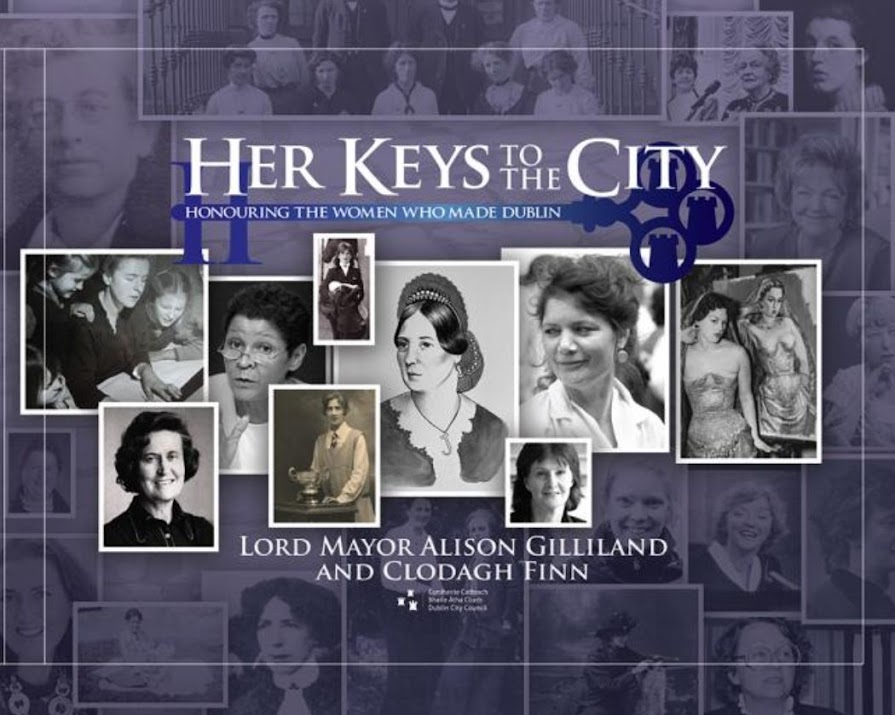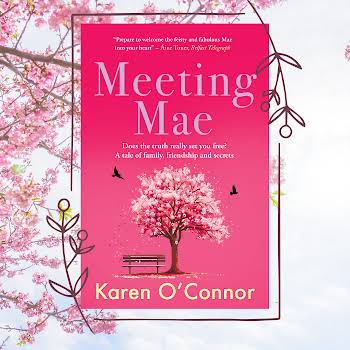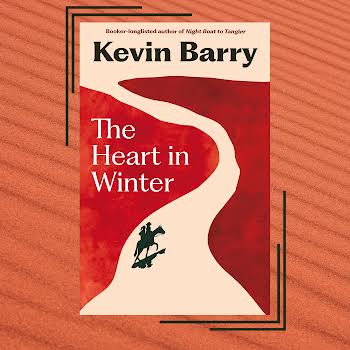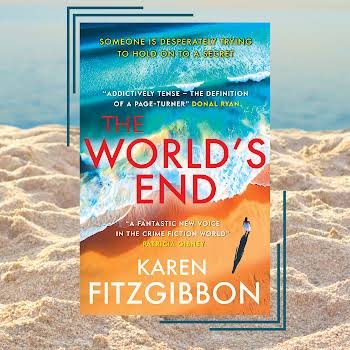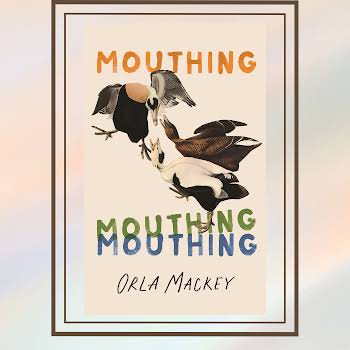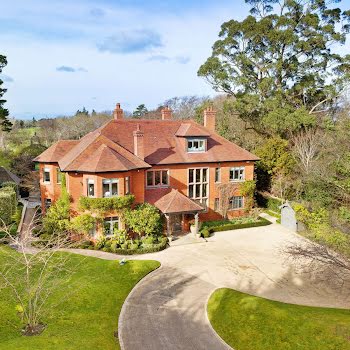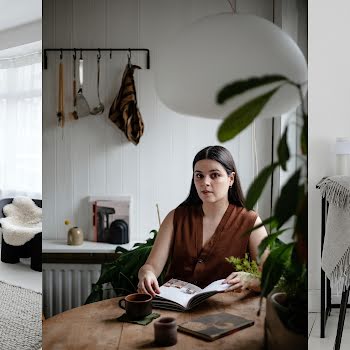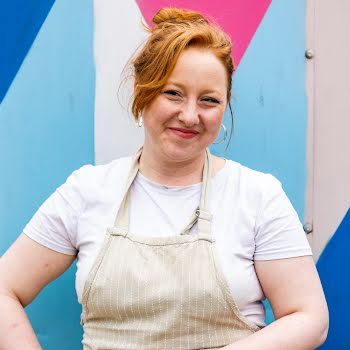IMAGE Book Club: Read an extract from ‘Her Keys to the City’ by Alison Gilliland and Clodagh Finn
By Sarah Gill
26th Sep 2022
26th Sep 2022
This week’s IMAGE Book Club title of choice is Her Keys to the City: Honouring the Women Who Made Dublin by Lord Mayor Alison Gilliland and journalist and author Clodagh Finn.
Of the 83 people given Freedom of the City of Dublin from 1897 to the present day, a mere four were women — this book is challenging that. In an address of this very obvious gender imbalance, Her Keys to the City showcases the variety of the very many accomplished women who lived before us.
Collectively, these women – who were central to major social and political changes in our country’s history – excelled across diverse disciplines and realised major achievements in many different fields. Each left us with an important legacy and were influential role models.
Lord Mayor Alison Gilliland was elected the 353rd, and only the 10th female, Lord Mayor of Dublin on 28th June 2021. One of her priorities as Lord Mayor was the promotion of women and, in particular, to acknowledge the achievements of women who contributed so much to the city but were not recognised in their day. Clodagh Finn is a journalist and author who is particularly interested in writing about overlooked women from history.
Here, we feature extracts of just three of the incredible and inspiring women featured between the pages of Her Keys to the City…

Frankie ‘Frances’ Byrne (1921-1993)
Broadcaster, pioneering businesswoman and agony aunt
Frankie Byrne started each episode of her hugely popular radio show ‘Woman’s Page’ – or ‘Dear Frankie’ as it was popularly known – in the same way: “The problems I will be discussing today may not be yours, but they could be someday,” she said in a distinctive, lived-in voice that is still recalled today.
When first broadcast on Radio Éireann in 1963, the daily lunchtime broadcast was intended as a home management programme to suit sponsors Jacob’s Biscuits. Frankie Byrne, however, had no interest in the domestic sphere and the programme soon developed into a taboo-breaking discussion of the nation’s problems, casting her as national ‘agony aunt’ in the process.
She took to the role with relish, dispensing forthright advice to the hundreds of women, and often men, who confided in her. To one listener who complained her fiancé wanted to move from the city to the country, she had this to say: “If you love him, you’d live on a mountainside with him, but if you blackmail him into your way of thinking you may never know a day’s happiness.”
And to the 30-year-old male executive having difficulty finding a girl who would “meet his standards”, she delivered these memorable lines: “This may come as a shock to you, but women are actually human beings… I suspect the man who is looking for a nice, settled girl is really searching for an unpaid housekeeper with a civil tongue in her head.”
The only artist she played on the show was Frank Sinatra, a man who had a number to suit every occasion, she once said, although she didn’t get to see him when he performed in Dublin in 1989. During the show’s run from 1963-1985, Frankie Byrne responded to more than 5,000 letters on a range of issues that reflected a changing Ireland. While the truth about domestic violence and child abuse remained unspoken, the once-taboo topics of contraception and relationships, in all their forms, were aired more openly from the 1980s onwards.
If Frankie Byrne’s radio show reflected the changes taking place in Ireland, her own career path did too. She set up her own public relations company, Frankie Byrne Ltd, in 1963 drawing on the contacts she had made as a secretary in the Brazilian consulate and later at McConnell’s advertising agency.
Her nascent company got off to an exceptional start with a deal to handle the publicity during US President John F. Kennedy’s visit to Ireland. She was also involved in setting up the annual Jacob’s Awards, the first Irish television awards. A colleague from that time remembers Frankie as a woman who went out of her way to help others, particularly those she felt needed support.
What few knew, however, was that the nation’s most famous agony aunt had her own heartache. She had a long-term relationship with fellow broadcaster Frank Hall and became pregnant in the 1950s. Single women at the time had few, if any, options and the vast majority, like Frankie, gave up their children for adoption.
She later met her daughter and they had a relationship for a number of years, although it was not always a straightforward one. Speaking in 2012, her daughter said: “I suppose it’s a slightly manufactured relationship as well, and lots of things came into play.”
Frankie Byrne died in 1993, but her name still conjures up the radio show that acted as the soundtrack to many an Irish childhood.
CF

Maeve Binchy (1939-2012)
Novelist, journalist, editor, columnist and speaker
Remembered by her niece Sarah Binchy.
It was in Stephen’s Green in Dublin that Maeve Binchy, then a First Arts student at University College Dublin in nearby Earlsfort Terrace, had a revelation. “I was sitting on a bench in my old school coat. I looked awful and childish. I was thinking, ‘Gosh, if only I had a navy duffel coat I wouldn’t look so ludicrous, and the boys would fancy me’.”
She put down her book and watched the people all around her. Suddenly it was as clear as daylight. “Nobody is looking at me. It doesn’t matter what I’m wearing. All these people walking through Stephen’s Green are wondering how they look.”
It was, she said, a liberation. From that day, she embraced college life. Shedding her self-consciousness opened other doors: to travelling alone, far and wide, in the long summer holidays after she’d qualified as a teacher; to writing with ease, without fretting about the impression she was making. “I thought, if I can talk, I can write.” A chatty letter home from a kibbutz in Israel delighted her parents so much that they sent it to a newspaper as a travel feature: her career as a journalist had begun.
Maeve Binchy was born to William and Maureen Binchy, a barrister and nurse, parents “who thought all their geese were swans”. The eldest of four, she grew up in Dalkey. After her BA in French and History, she taught in a girls’ schools, freelancing on the side, until she joined the Irish Times in 1968 as women’s editor.
From her earliest journalism, her voice is unmistakable: funny, intimate, observant, humane, gently impatient with all the silly social rules and conventions and imprisoning mindsets that can stunt people’s lives.
In the early 1970s, having met the BBC broadcaster Gordon Snell, she moved to London as the Irish Times London correspondent; she and Gordon married in 1977. With his encouragement, she started writing short stories and plays. But it was her novel Light A Penny Candle, published in 1982, an epic tale of the friendship of two girls, one Irish, one English, which brought her fame and fortune.
The paperback rights sold at auction for a record-breaking £52,000; the book found readers all over the world. Women’s fiction at that time was dominated by romance and fantasy, but here was a book in which the female characters didn’t get swept off their feet, but figured out life for themselves, in all its messiness and complexity.
By the 1990s, Maeve and Gordon were living full-time in Dalkey. With iron discipline, they got up early each morning to write side-by-side in their upstairs study. They also made plenty of time for family and friends, for socialising and fun. Maeve wrote more than 20 books at that desk, with translations into 37 languages, many film adaptations and sales of over 40 million. Among her fans were Oprah Winfrey, Tom Hanks and Barbara Bush; among her honours, she was particularly proud of the PEN award for lifetime achievement, presented to her in 2007 by Declan Kiberd.
She’s remembered with deep affection in her home city. A vibrant new generation of Irish writers, encouraged and inspired by her, pay tribute at the annual Echoes festival in Dalkey, and she’s celebrated alongside Joyce at the Museum of Literature Ireland on Stephen’s Green – just yards away from the park bench of her own student epiphany.
And her readers are everywhere. People who may never have met her but who treasure her for the books that have provided them with such pleasure and good company, the whole of their lives.

Nan Joyce (1940-2018)
Traveller rights campaigner and the first person from that community to stand in a general election
Traveller rights activist Nan Joyce famously gave an impromptu speech at the 10th-anniversary seminar of Trócaire, the Catholic overseas development agency, in 1983 that got more attention, and applause, than any of the other reports and speeches.
In it, she urged Irish bishops to address the plight of the Travellers at home, who suffered as many diseases as the children of the Third World.
“You people are very concerned about the Third World,” she said. “I think you should also be concerned about us; we are the Fourth World. We live among rats in camps or caravans… We may have a bit more food but we are treated in the same way as the unfortunate people of the developing countries.”
She later described how she had “crashed” the event – “I’m always crashing places I’m not wanted” – and seeing a few red faces among the 350 attendees representing 22 countries. By then, Nan Joyce had already made history when she became the first Traveller to stand in a general election. She stood as an independent candidate in the Dublin South-West in 1982 and campaigned solely on the issue of Traveller rights.
Ann Joyce, Traveller, mother of 11 children, grandmother and Irish citizen, as she described herself on her election manifesto, received 581 first-preference votes. The candidate was overjoyed, saying she expected only five or six as most Travellers, including herself, couldn’t register to vote without a permanent address.
Nan Joyce spent most of her life on the road. She was one of nine children born to John O’Donoghue, a horse trainer, and his wife Nan McCann. She married John Joyce when she was 16 and went on to have 11 children, who were often forced to live in appalling conditions.
She recounted living in a rat-infested camp in Priorswood in north county Dublin and losing her first grandchild Anna Marie to meningitis which, she believed, was caused by the squalid conditions. The Joyce family moved to Clondalkin and, in 1982, was forced to move again to Tallaght where some 100 families were living on the site earmarked for the Tallaght by-pass road.
Vigilante groups circled the site in an attempt to force the Travellers to move, while a number of residents marched on Dublin County Council calling for the eviction of Travellers families. Travellers, meanwhile, responded by marching on the Dáil and went on to establish the Committee for the Rights of Travellers, jointly chaired by Nan Joyce and Tony Hackett.
It published a manifesto, calling for a minister with responsibility for Travellers who would ensure that Travellers were consulted on all development programmes.
Nan Joyce was an eloquent, passionate and tireless campaigner. She spoke at schools, universities and public gatherings all around the country, calling for equal rights for Travellers while attempting to break the barriers between Traveller and settled communities.
When she moved to Belfast, she established the Northern Ireland Council for Travelling People, inspiring a new generation to become politically active. In 2010, President Mary McAleese presented her with a Lifetime Achievement Award for her campaigning work. She spent her final years in Dublin and when she died in 2018, there were numerous tributes praising her for “rising above the hatred, prejudice with integrity and respect for human rights”.
Fellow Traveller activist Eileen Flynn described her as a history-maker and an inspiration who led the way for many Traveller women and men. Eileen Flynn would make history herself when she became the first Traveller to sit in the Seanad in 2020. In March 2022, she became first member of the Traveller community to address the Dáil. Her mentor Nan Joyce would consider that progress, even if there is still a way to go.
CF
‘Her Keys to the City: Honouring the Women Who Made Dublin’ by Lord Mayor Alison Gilliland and journalist and author Clodagh Finn is on sale now for €19.99.
Make sure you check back into later this week to get an insight into the writing process of Alison Gilliland and Clodagh Finn with our Author’s Bookshelf…











